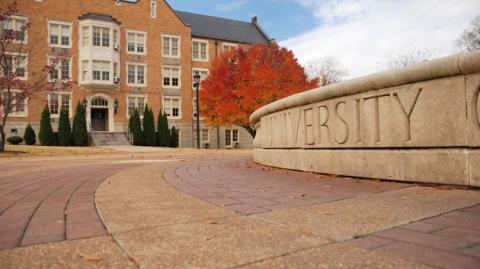Sponsored content: created in partnership with the Duolingo English Test.
In recent years, the Duolingo English Test (DET) has become one of the most convenient and affordable options for students to prove their English proficiency. But the question on many students’ minds remains: Is the DET accepted by universities and visa authorities worldwide? The answer is yes – with some caveats depending on the country.
Here’s a breakdown of DET acceptance of F-1 visas in the United States, study permits in Canada, the UK’s student visa and more.
United States: broad school acceptance and accepted for F1 visa
The DET is almost universally accepted across US universities. In fact, 95 per cent of U.S. News Top 100 Universities accept the DET for undergraduate admissions. Ivy League schools, including Harvard, Yale, Princeton and Stanford, all accept the DET for undergraduate programmes.
Graduate programmes are also on board; 75 per cent of US graduate programmes with high international student enrolment now accept the DET.
Visa implications:
For F-1 student visas, the DET is not officially required by the US government, but schools may include it as part of their admission requirements. If your school accepts DET, it can be used to support your visa application. What matters most during the interview is your ability to communicate effectively in English.
Canada: high acceptance and student permit approved
Canada also shows strong DET acceptance – 90 per cent of Canada’s top universities (by international student enrolment) accept the DET for undergraduate admission, and nearly half of English-medium graduate programmes accept the DET.
Visa implications:
The DET is accepted for Canada’s standard study permit process. While the Student Direct Stream previously excluded DET, that programme has now been discontinued. This means there’s no longer any visa-related advantage to taking the IELTS test over the DET.
United Kingdom: strong university acceptance and accepted for UK student visa
Many top UK universities accept the DET, including:
- Imperial College London
- University of Southampton
- University of Liverpool
- University of Warwick
- University of York
Visa implications:
If you’ve been accepted to a UK university where the language of instruction is English and the DET is accepted, you don’t need additional proof of English proficiency for your visa. For some visa types, the UK government requires a Secure English Language Test (SELT), which DET is not yet authorised for, but this isn’t an issue for most student visas.
Ireland: Near universal school acceptance and accepted for student visa
Ireland is a DET-friendly destination for international students. Fifteen of the country’s 18 universities accept the DET, and it is officially recognised by Ireland’s student visa authorities as valid proof of English proficiency.
Australia: Some schools accept the DET, more complex visa rules
Australian universities show growing DET acceptance. Schools like Flinders University and the University of Newcastle accept it for all programmes, while others such as Monash University accept it for foundation courses.
Visa implications:
The situation varies depending on your passport country. Some applicants must provide English proficiency via a test taken in a physical test centre while others are exempt from this requirement. Always check your visa category and nationality-specific rules.
New Zealand: Accepted by Universities, No Extra Visa Proof Required
Popular universities in New Zealand accept the DET. The country’s fee-paying student visa, which permits study for up to four years, does not require separate English proficiency proof if you’re accepted by an institution.
The DET is now recognised by thousands of top universities around the world, and it's often sufficient for visa applications. While some countries still have nuanced visa policies, the DET remains a flexible and accessible option for most international students in 2025.

Comments